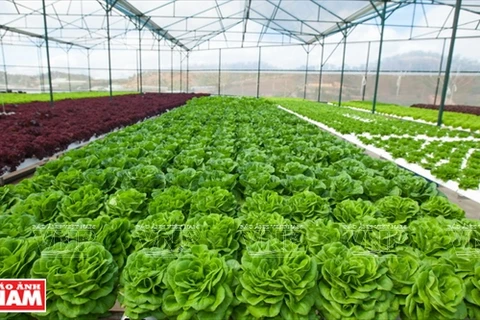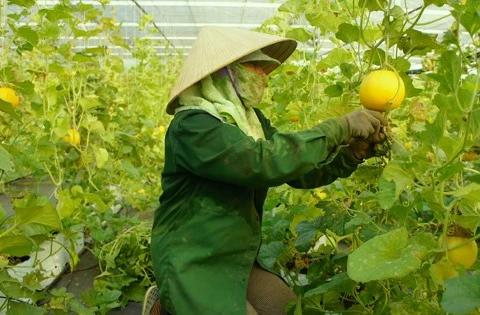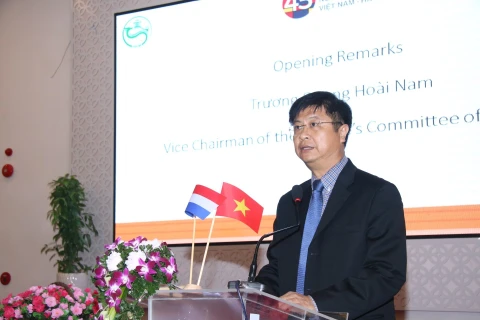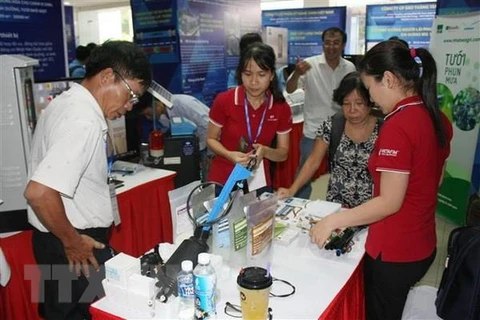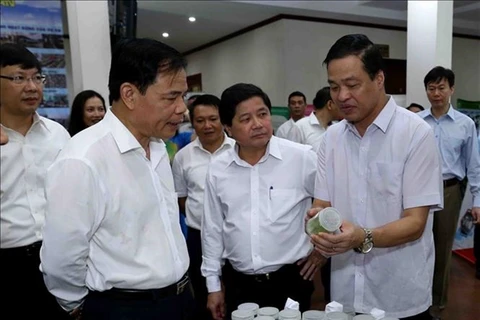HCM City (VNA) – Ho Chi Minh City holds potential for crop seed export, but it still needs the State’s support to boost seed development and production which have yet to meet expectations so far.
There are 38 businesses producing and trading crop seeds in HCM City at present, supplying more than 45,000 tonnes of seeds to the market between 2016 and 2018.
They have studied and developed 136 new plant varieties, 55 of which have been produced, including 46 vegetable, eight flower and one rice variety, according to an official from the science and technology division of the municipal Department of Agriculture and Rural Development.
At a recent forum, Le Thi Kim, deputy head of the city’s plant cultivation and protection division, said although some companies have boosted intensive production, seed quality remains low due to the shortage of detailed production process and quality standards. Additionally, they haven’t invested synchronously in other factors like net houses, greenhouses and production techniques, making the potential of producing new varieties remain untapped.
The market’s demand changes continuously, requiring seeds with better quality and adaptability to environmental changes and diseases. However, production activities haven’t kept up with that demand.
HCM City imported 3,345 tonnes of seeds and seedlings in 2018 and more than 1,900 tonnes in the first half of this year, a surge compared to the same period last year. Meanwhile, its seed export has showed signs of decrease, over 485 tonnes in 2018 and 92 tonnes in the first six months of this year – half of the volume in the corresponding period of 2018.
Kim also attributed this fact to small-scale and weather dependent production practices, which have led to inconsistent quality and high production costs. Businesses have also faced difficulties in organising concentrated production zones, gathering investment resources and attracting manpower.
Nguyen Van Duc Tien, Deputy Director of the city’s Centre for Agricultural Consultancy and Support, said as a concentration of research centres and scientists, HCM City boasts huge potential in crop seed study, cross-breeding and production. However, to become a seed production hub of the southern region and the whole country, it needs to continue investing in infrastructure, facilitate production connectivity and create hi-tech agricultural zones.
As seed study, cross-breeding and production are a long-term process with numerous risks, the State needs to issue appropriate support policies to encourage businesses’ engagement and attract skilled workers to the field, he said.
Meanwhile, local seed producers also called on authorities to facilitate their access to soft loans, enhance cooperation with foreign partners in seed-related study and technology transfer, and boot manpower training for the sector. -VNA
VNA

